The 6 Most Common Pitbull Health Issues
Pitbulls are such fun, loyal, and beautiful dogs. They’re also quite gentle, despite some misconceptions and misunderstandings. Being naturally strong and athletic, they’re generally healthy dogs, although there are some common pitbull health problems to be aware of.
But don’t despair! Pitbulls are relatively easy to care for and knowing what health concerns to look out for can make a big difference. Most of these health issues are not unique to pitbulls, and adequate exercise and nutrition can go a long way in keeping your pit healthy and happy for many years to come.
Read on and we’ll discuss the 6 most common pitbull health issues. We’ll also share some of the early indicators of these health problems, and what you should do if you notice any of these indicators. Let’s get started.

Common Pitbull Health Issues
Here are some of the more common pitbull diseases and symptoms. As we’ve said, pitbulls aren’t necessarily more prone to these health problems than other dogs, but they do suffer from these ailments like most dogs do.
It’s important to remember that if your pit is experiencing any symptoms you’re unsure about, you should take them to see your veterinarian immediately. Without further ado, here are the 6 most common pitbull health issues.
Hip Dysplasia
One common medical issue pitbulls may face is hip dysplasia. This occurs when there is an improper development of the hip socket. The femur, or thighbone, grows disproportionately with the hip socket.
Hip dysplasia can cause:
- Pain
- Reduced range of motion
- Stiffness and soreness
- Inability to walk upstairs
- Lameness
This can be a tough condition to deal with. It’s usually inherited or passed on genetically, though there are some actions you can take to potentially help prevent or alleviate the symptoms and onset of this condition.
Keeping your pitbull at a healthy, minimal bodyweight is one of the best courses of action for hip dysplasia. The usual suspects (exercise and proper nutrition) are very helpful in this regard. In severe cases, your pup may need to use a hip brace, or may even need to undergo surgery.
If you’d like more clarity in determining what’s a healthy size and weight for your furry friend, check out our article about the pitbull average weight.
Hypothyroidism
Another common pitbull health issue is hypothyroidism, or thyroid disease. The purpose of the thyroid gland is to produce the hormones responsible for digestion and metabolism. Hypothyroidism is when the thyroid gland is unable to make enough of these essential hormones.
This can have a variety of different causes, and it usually doesn’t occur until your dog is 4 years of age or older.
Some symptoms from this medical issue include:
- Weight gain
- Muscle loss
- Hair loss
- Lethargy
- Behavioral changes
Your vet will need to do some blood tests to diagnose this condition. Fortunately, hypothyroidism is by no means a death sentence, and it’s easy and relatively inexpensive to treat with medications.
Allergies
Allergies are also a very common pitbull health issue. Symptoms can vary and it’s important to determine what is causing the reaction. So what are pitbulls allergic to?
Well, again, it varies. It could be an environmental allergen such as pollen or grass. It could be a food ingredient such as dairy or wheat. This is a situation where you’ll need the assistance of your vet to make any diagnoses.
Symptoms of an allergic reaction in pitbulls can include:
- Itchy, flaky skin
- Rashes
- Hives
- Ear infections
- Bald spots
Ichthyosis
This ailment is more common in pitbulls, though it’s still relatively rare. Ichthyosis is a mutation of the outer layer of skin, caused by genetic factors. You may notice that the pads of your dog’s feet become very hard and stiff, or that her skin may become hardened and greasy. Symptoms of ichthyosis include:
- Thick, scaly skin
- Skin with increased pigment
- Hardening of foot pads
- Rough, greasy skin
This health condition worsens with age, and it is unfortunately incurable. There are medicated shampoos that can help to treat the symptoms. You’ll need the guidance of your vet to diagnose ichthyosis.
Cataracts
Pitbulls are also particularly prone to cataracts, which is when the eye lens becomes thick and clouded. Cataracts can be inherited from the genes of the parents. It’s also possible that it can be caused by conditions such as high blood sugar and diabetes.
Cataracts can cause symptoms such as impaired vision, and even blindness in severe cases. When treated early, your vet can prescribe pharmaceuticals that are helpful in treating cataracts, however, if the condition is severe surgery may be needed.
Volvulus (Gastric Dilation)
It’s extremely important that dog owners are familiar with the condition known as volvulus, also known as “dog bloat.” In certain situations, when a dog’s stomach fills up with gas or liquid, it can expand so much that it puts pressure on the internal organs. This can be dangerous and even fatal.
Volvulus can cut off blood flow to the heart or cause a tear in the wall of the stomach. It can come on rather quickly. Your dog may be showing signs of anxiety, and an upset or enlarged stomach. If this is the case you need to get your pup to the vet ASAP.
Symptoms of gastric dilation include:
- Swollen stomach
- Restlessness and anxiety
- Pacing
- Vomiting
- Weakness
We still aren’t always sure what causes volvulus, but veterinarians believe it can be related to overeating, eating too quickly, or eating from a raised bowl.
Keeping Your Pitbull Healthy
One of the best ways to help prevent these pitbull health risks is through proper diet and exercise. Exercise is a necessity, and without it your dog’s health is sure to suffer. From taking your pit on walks or runs, to fun games such as fetch and tug-of-war, there are tons of great ways to get your dog the exercise it needs while enjoying yourself in the process.
Proper Nutrition For Your Pitbull
A healthy diet is the best way to ensure optimal health and prevent the onset of any medical issues. And with such high energy levels and such muscular builds, pitbulls definitely need ample nutrition! Here at Bully Max we offer the perfect all-natural high protein dog food with quality ingredients and full label disclosure. It’s a great way to ensure your pitbull’s nutritional needs are being met.
Bully Max Understands Pitbull Health Issues
Pitbulls are susceptible to some unfortunate health issues, but not any more than most dog breeds out there. Just remember: if you do suspect any of the symptoms mentioned in this article, make sure to see a vet immediately.
A great preventative measure you can take is to supplement your dog’s meals with a product like our Bully Max Total Health. It will help your pitbull to maintain healthy hips and joints, boost immunity, and strengthen the cardiovascular system, among a host of other benefits. Give it a try—you’ll be glad you did.
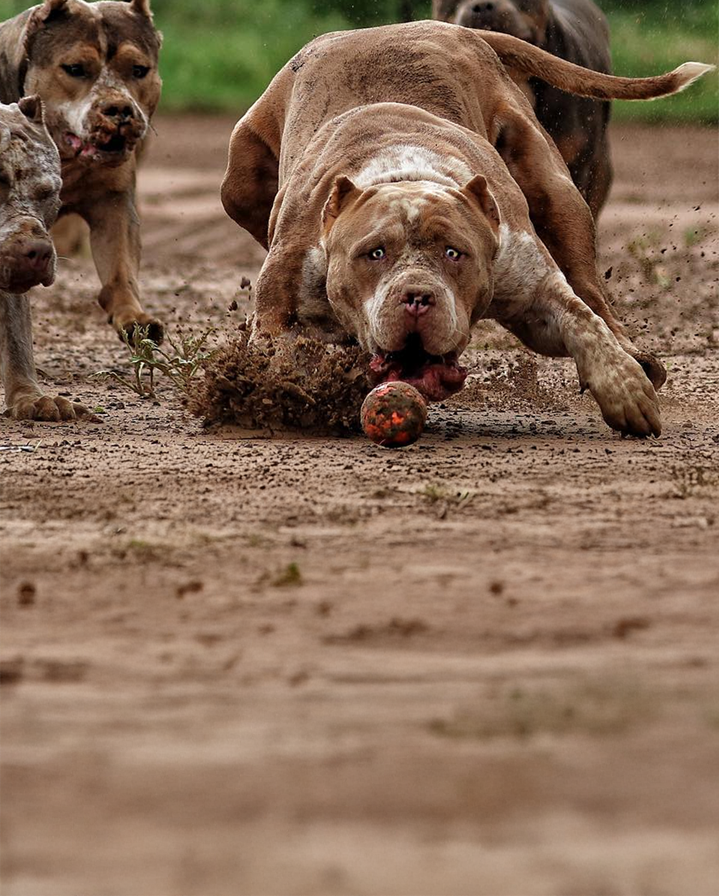
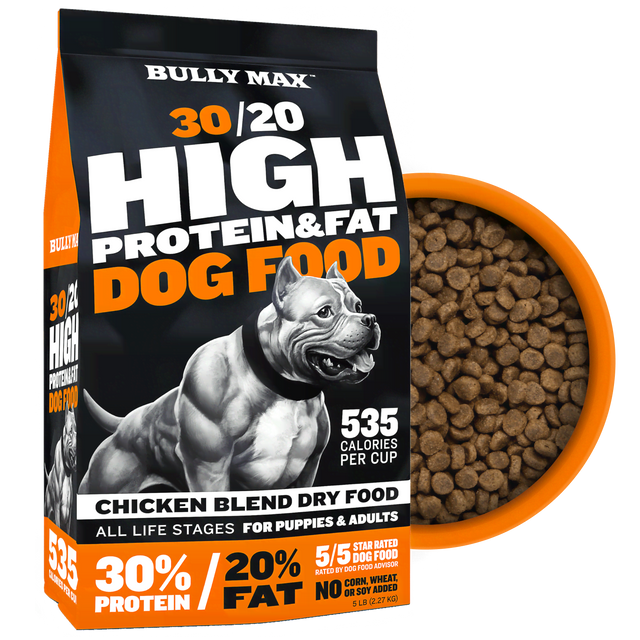
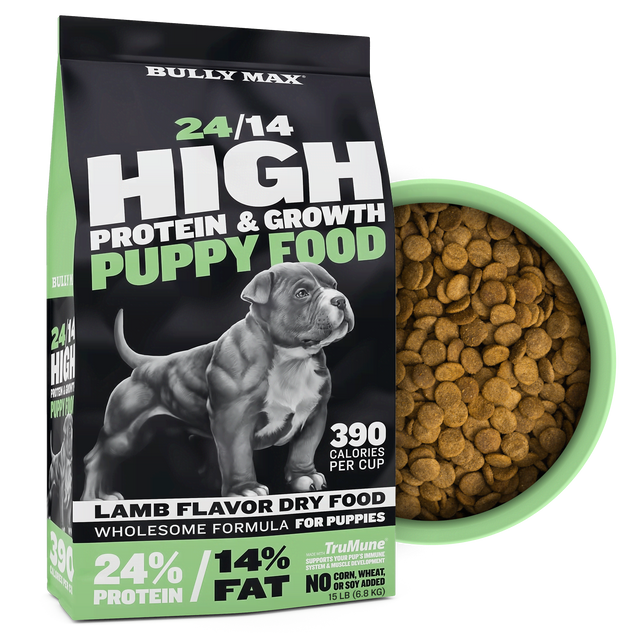
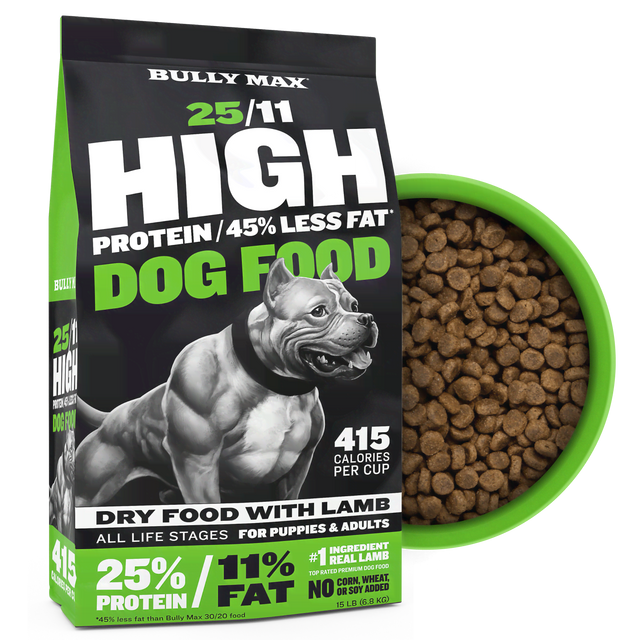
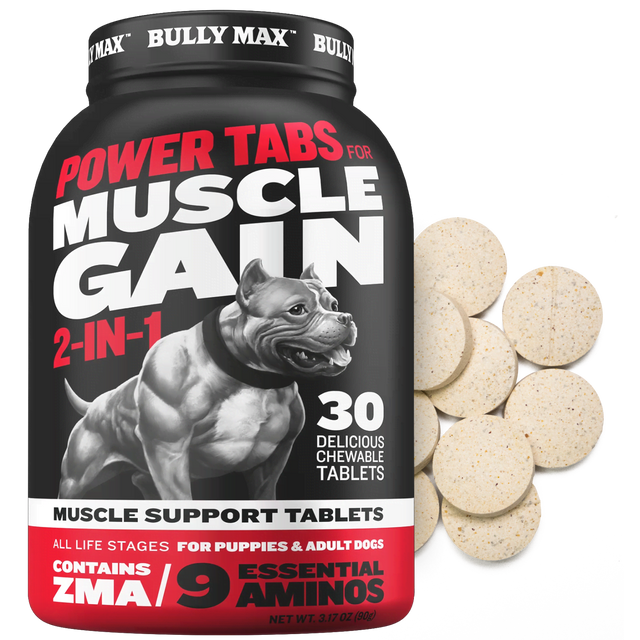




3 comments
My pitbull is displaying some signs of being off balance or “drunk”. Have you heard of a related illness.
This is great information for me to study and excellent education knowledge for me thanks a lot for the knowledge 👍👍👍👍👍
I look forward to doing business with Bully Max, I have a male American Atypical Bully, his name is Chopper now a 2year stud, he is my rescue, and I want to know and learn so much about him, to genetically mapping him x 10!